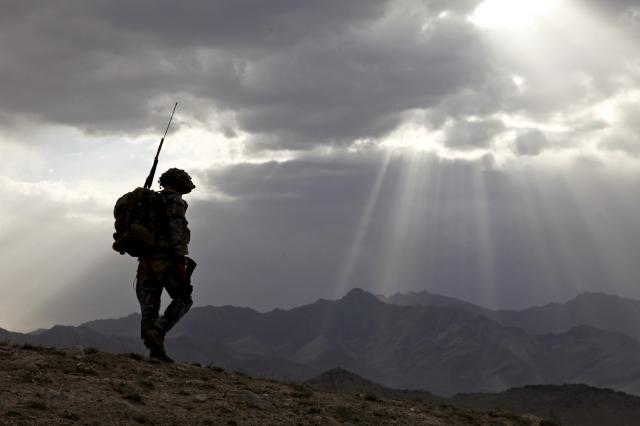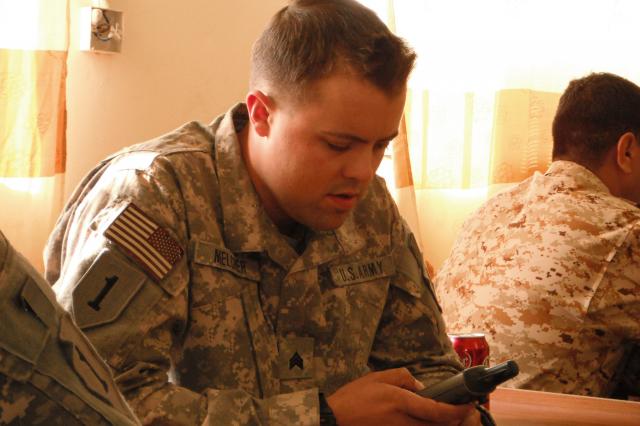A suicide prevention task force for troops and veterans has been added to a national alliance that officials hope will help bring more attention to the issues and offer solutions in the future.
The National Action Alliance for Suicide Prevention last week announced that troops and veterans, identified as a high-risk group, were added because of their increased suicide rates.
“Combined with initiatives already under way by the Department of Defense and the [Department of Veterans Affairs], this task force will further strengthen prevention, bringing together the best minds in the public and private sectors,” said Army Secretary John McHugh, co-chair of the alliance.
The alliance was launched last year by Defense Secretary Robert M. Gates and Health and Human Services Secretary Kathleen Sebelius, with input and support of many public- and private-sector stakeholders, including the National Council for Suicide Prevention and VA.
Speaking Sept. 10, 2010, at the launch of the alliance, a public-private partnership, Gates emphasized the importance of a nationwide approach to suicide prevention. The alliance’s strategy pools federal and private-sector research and resources to work on addressing the national suicide rate.
“In everything we do, we must remember that every Soldier, Sailor, Airman, or Marine is part, not just of the military, but also a larger community. Their families, their hometowns, their civilian employers, their places of worship — all must be involved in the solution,” Gates said at the launch of the alliance held at the National Press Club here.
The military suicide rate has increased steadily over the past five years, exceeding the national average of 11.1 suicides per 100,000 people. The military last year averaged 12.5 suicides per 100,000, according DoD reports.
The leaders of the alliance’s Military and Veterans Task Force are Jan Kemp, national director of VA’s suicide prevention program, and Maggie Haynes, director of combat stress for the Wounded Warrior Project, a nonprofit organization.
In addition to the task force for service members and veterans, the alliance also established suicide-prevention task forces for other groups it determined are at high risk: American Indians and Alaska natives, and youth who identify as lesbian, gay, bisexual, or transgender.











